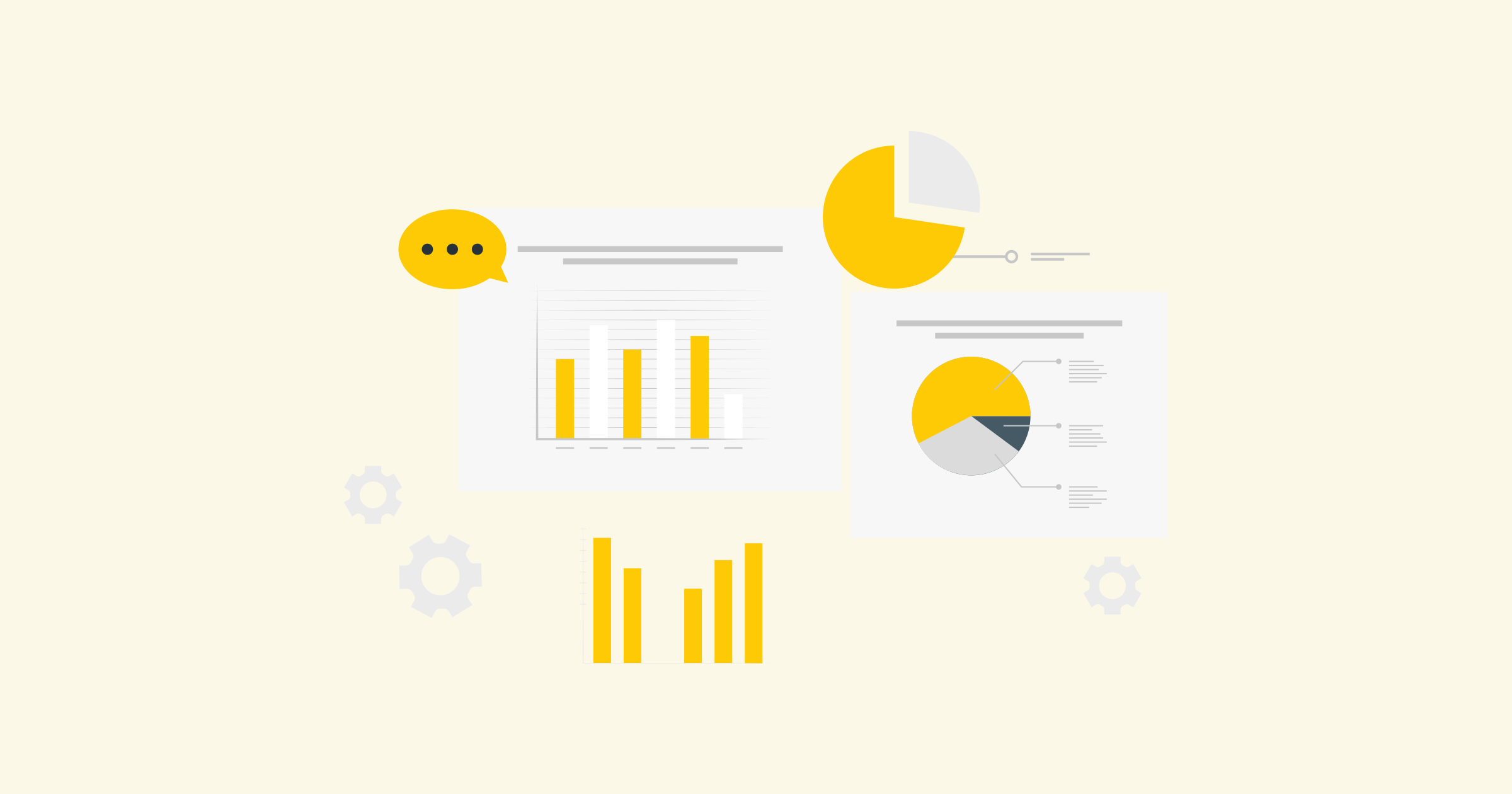What is a Proxy and How Does it Work?
In today's digital age, the internet has become an integral part of our lives. We use it for various purposes, from communication and entertainment to research and shopping. However, with the increased reliance on the internet comes the need for privacy and security. This is where a proxy comes into play.
So, what is a proxy? A proxy, also known as a proxy server, acts as an intermediary between a user and the internet. When you connect to the internet through a proxy server, your internet traffic goes through the server before reaching its destination. This means that the proxy server masks your original IP address, making it appear as if you are accessing the internet from a different location.
There are several types of proxies available, including residential proxies, data center proxies, and rotating proxies. Residential proxies are IP addresses assigned to devices by internet service providers, while data center proxies are servers hosted in data centers. Rotating proxies, as the name suggests, continually rotate IP addresses, providing a higher level of anonymity.
Now that we understand what a proxy is, let's delve into how it works. When you send a request to access a website, it first goes to the proxy server. The proxy server then forwards the request to the website, retrieves the webpage, and sends it back to you. This process ensures that your real IP address is hidden, as the website only sees the IP address of the proxy server.
There are several reasons why individuals and businesses use proxies. One of the main benefits of using a proxy is enhanced privacy. By hiding your real IP address, proxies prevent websites, advertisers, and hackers from tracking your online activities. This is especially important when accessing public Wi-Fi networks or when you want to browse anonymously.
Proxies also enable users to bypass geo-restrictions imposed by websites or streaming services. For example, if a website is only accessible to users in a specific country, you can use a proxy server located in that country to gain access. Additionally, proxies can improve internet speed by caching frequently accessed webpages, reducing the time it takes to load them.
Businesses can also benefit from using proxies. For instance, proxies can be used for web scraping, a process where businesses extract data from websites for market research or competitive analysis. By rotating IP addresses, businesses can avoid getting blocked by websites that limit access to prevent scraping.
In conclusion, a proxy is an essential tool for enhancing privacy, security, and convenience on the internet. By acting as an intermediary between a user and the internet, proxies allow users to hide their real IP addresses and bypass geo-restrictions. Whether you are an individual looking for anonymity or a business seeking to extract data, proxies can offer an array of benefits. So next time you're browsing the web, consider using a proxy for a safer and more efficient online experience.





























